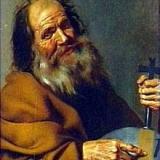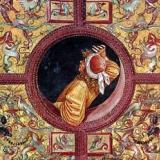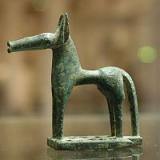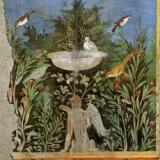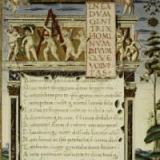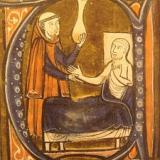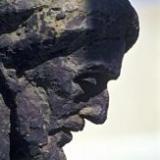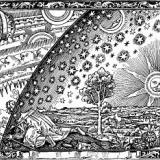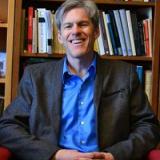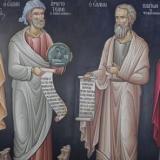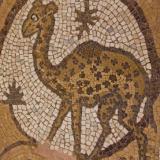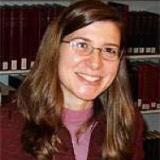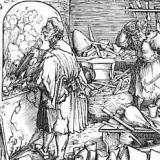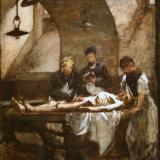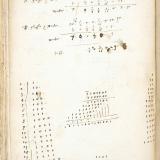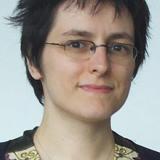Matter
Posted on
In this episode Peter discusses the Atomists Democritus and Leucippus, and how they were responding to the ideas of Parmenides and his followers.
Posted on
Peter discusses the Presocratic philosopher Empedocles and his principles: Love, Strife, and the four “roots,” or elements.
Posted on
Aristotle's Physics presents four types of cause: formal, material, final and efficient. Peter looks at all four, and asks whether evolutionary theory undermines final causes in nature.
Posted on
Peter begins to examine the philosophy of Epicurus, focusing on his empiricist theory of knowledge and his atomic physics.
Posted on
Lucretius’ poem On the Nature of Things sets Epicureanism into verse. Peter takes a look at its treatment of the soul, free will and the swerve and human society.
Posted on
Peter looks at the Stoic idea of god, a providential fire that pervades nature, and considers their idea of a deterministic and eternally recurring cosmos.
Posted on
Plotinus struggles to explain the presence of suffering, evil and ugliness in a world caused by purely good principles – and tells us what role we should play in that world.
Posted on
A first look at the philosophical contributions of Islamic theology (kalām) and its political context, focusing on the Mu'tazilites Abū l-Hudhayl and al-Naẓẓām.
Posted on
The doctor and philosopher Abū Bakr al-Rāzī sets out a daring philosophical theory involving five eternal principles: God, soul, matter, time and place.
Posted on
Neoplatonism returns in Ibn Gabirol (known in Latin as Avicebron), who controversially holds that everything apart from God has both matter and form.
Posted on
Scotus explains how things can share a nature in common while being unique individuals.
Posted on
The Vaiśeṣika response to Buddhist skepticism about wholes made up of parts.
Posted on
Pāyasi and the Cārvāka anticipate modern-day theories of mind by arguing that there is no independent soul; rather thought emerges from the body.
Posted on
Ockham, Buridan, Oresme and Francis of Marchia explore cosmology, atomism, and the impetus involved in motion.
Posted on
Bob Pasnau joins Peter to discuss ideas about substance from Aquinas down to the time of Locke, Leibniz and Descartes.
Posted on
The trial of John Italos and other signs of Byzantine disquiet with the pagan philosophical tradition.
Posted on
Mathematics and the sciences in Byzantium, focusing on scholars of the Palaiologan period like Blemmydes and Metochites.
Posted on
An interview with Helen Hattab on the scope and impact of scholastic philosophy among Protestants.
Posted on
Paracelsus adapts the tradition of alchemical science for use in medicine, and in the process overturns the scientific theories of Aristotle and Galen.
Posted on
Schegk, Taurellus, Gorlaeus, and Sennert revive atomism to explain chemical reactions, the composition of bodies, and the generation of organisms.
Posted on
Challenges to Galenic medical orthodoxy from natural philosophy: Jean Fernel with his idea of the human’s “total substance,” and the Paracelsans.
Posted on
How scientists of the Elizabethan age anticipated the discoveries and methods of the Enlightenment (without necessarily publishing them).
Posted on
An expert on Renaissance alchemy tells us how this art related to philosophy at the time... and how she has tried to reproduce its results!

